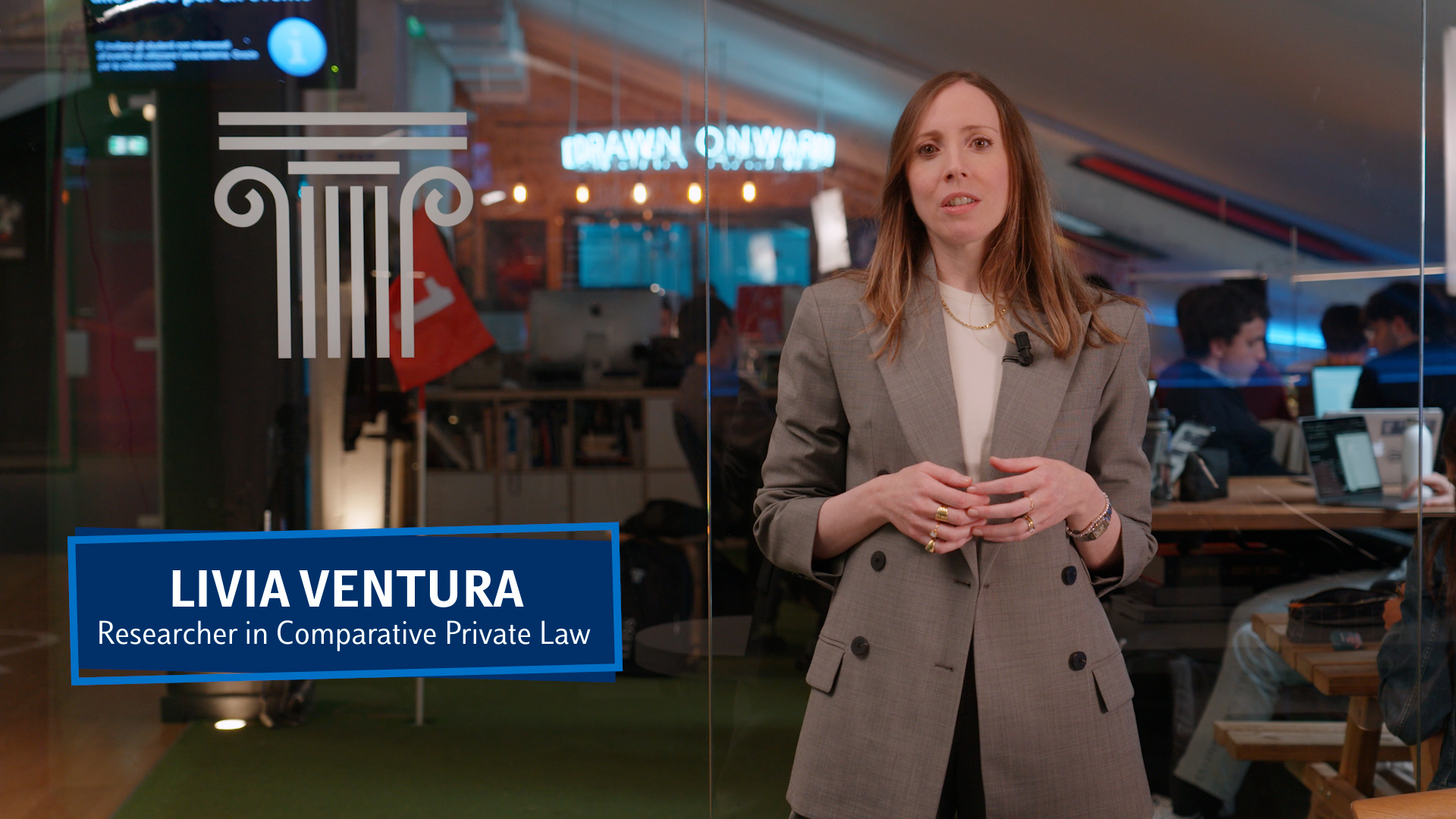
Gender Quotas in Corporate Governance
In Corporate Governance and Diversity, Researcher Livia Ventura reconstructs the evolving landscape of board diversity and its implications for corporate governance.
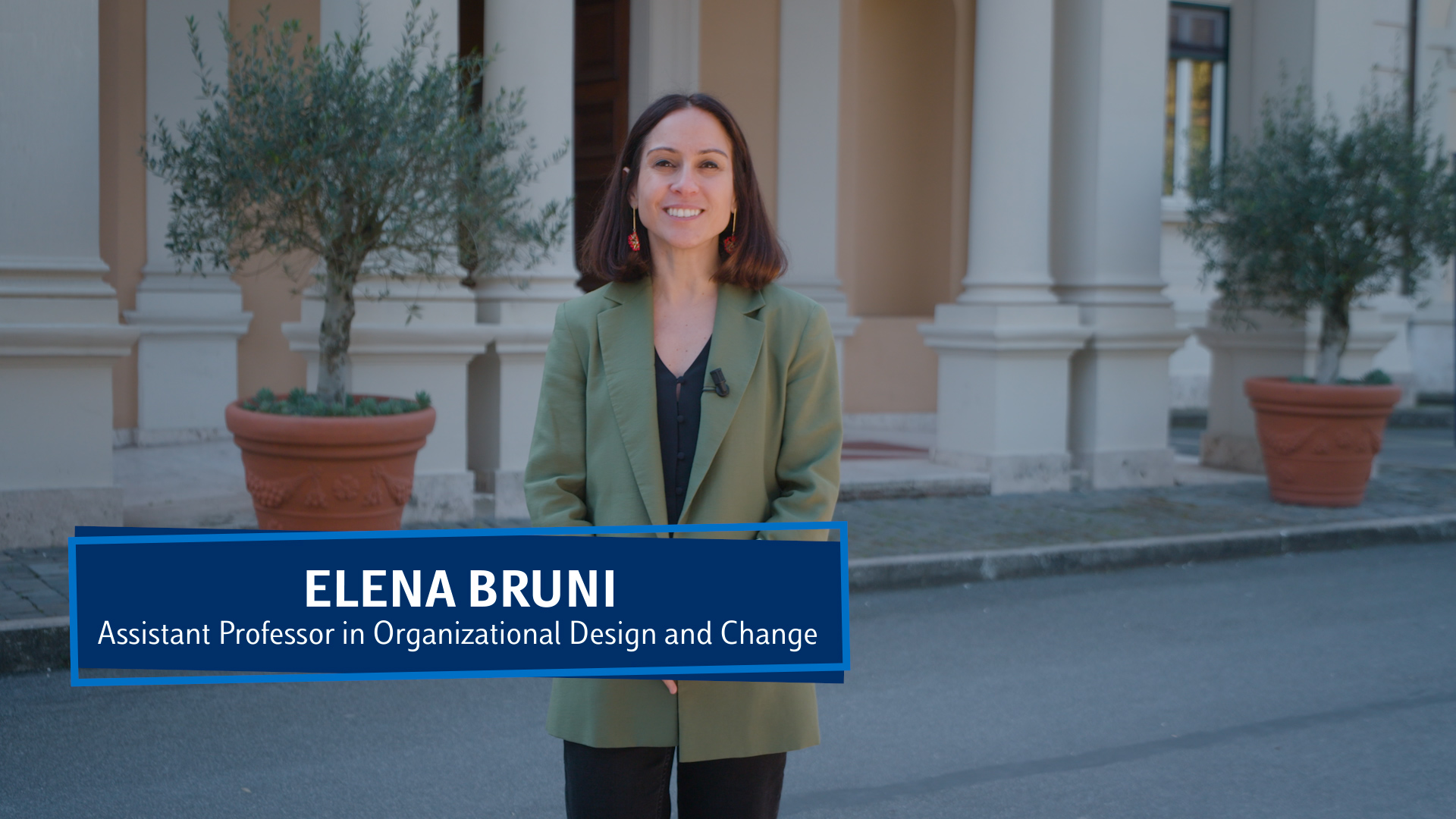
Exploring Science Denialism Rhetoric
In Organized Science Denial: An Action Plan of Solutions, as part of the NextGenerationEU Project TRUSTSCIENC, Researcher Elena Bruni, along with her research team, investigates denialism from psychological, cognitive, and sociological perspectives.
The Deeper Side of Motivation
In The impact of leadership preferences and personality traits on employees’ motivation, written with the Luiss Researcher Cinzia Calluso, Professor Maria Giovanna Devetag investigates the three-way relationship between leadership, personality and motivation.
The effect of Performance Management on employee’s behaviors
In The hazards of performance management: An investigation into its effects on employee absenteeism and presenteeism, Professor Silvia Dello Russo presents a team-led study of performance management practices and their impact on resources well-being.
A Process Model towards Openness of Science
In The open academic: Why and how business academics should use social media to be more ‘open’ and impactful, Professor Ian Paul McCarthy, along with his colleague Bogers, presents social media as a boundary-spanning technology.
Open Social Innovation Ecosystem
Professor Maria Isabella Leone presents her research team, engaged in Open Innovation as a field of research and as a collaborative ground for societal initiatives.
The AI service and its effects on Brand Trust
In Sharing information with AI (versus a human) impairs brand trust, Professor Deniz Lefkeli investigates how disclosing information to AI has outcomes for brands.
An ethical legal framework for Generative AI
In Elaborating a Human Rights friendly Copyright Framework for Generative AI, Professor Christophe Geiger shows that the copyrightability of AI-generated outputs should be considered with utmost care.
The Care of Citizenship for an Inclusive Environment
In Social and Digital Vulnerabilities Luiss Professor Michele Sorice, together with his colleagues, investigates the possibility of Digital Tools to generate an Inclusive Environment.
Inclusion as a Process of Social Representation
Luiss Professor Emiliana De Blasio, along with her collaborators Donatella Selva and Mattia Zunino, illustrates the main research focus of the Observatory on Gender, Inclusion and Democracy (OGID).
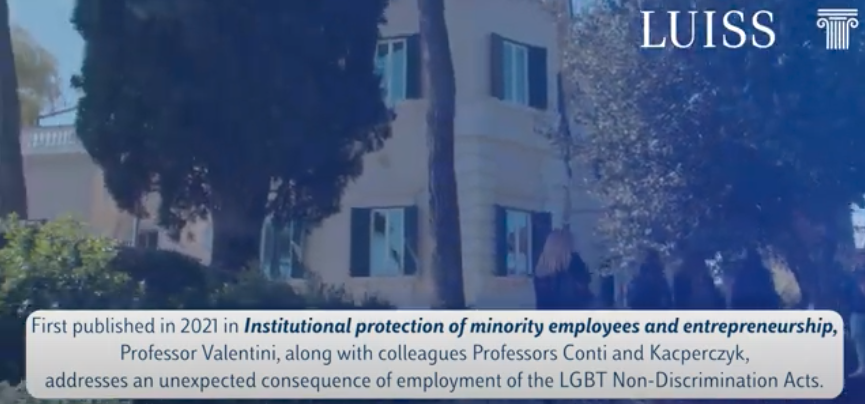
The Institutional Protection of Minorities to Promote Entrepreneurship
In the recent research, Institutional protection of minority employees and entrepreneurship, Professor Giovanni Valentini and his colleagues investigate the possibility of a strategic use of the institutional protection of oppressed groups to impact startup quality.
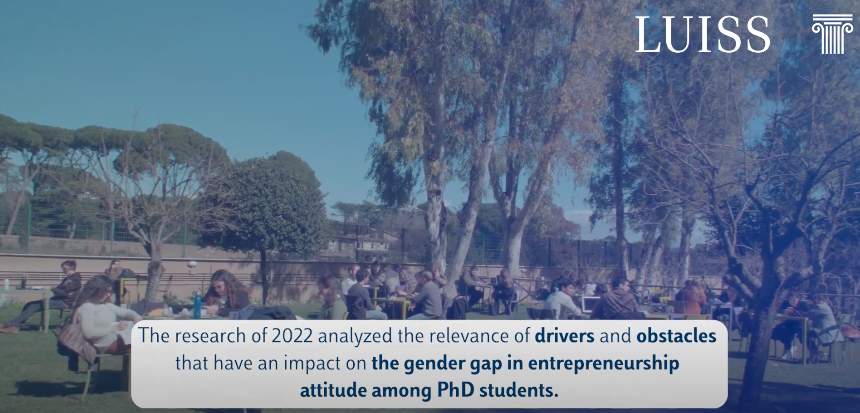
A Gender-balanced Work Environment and the Success of Female Student Entrepreneurs
In The gender gap in Ph.D. Entrepreneurship, Professor Giovanna Vallanti, along with her colleague Professor Alessandro Muscio, investigates the link between the academic environment and the startup activities of Ph.D students.
Culture Wars from a Transnational View
In her recent book, The Moralist International, Professor Kristina Stoeckl shows how morality and transnational conflicts are closely bound together.
Human Rights Law from an International Perspective
In Introduction to International Human Rights Law, Professor Pietro Pustorino sheds light on the historic evolution of International Law, focusing on the latest trends concerning the protection of Human Rights.
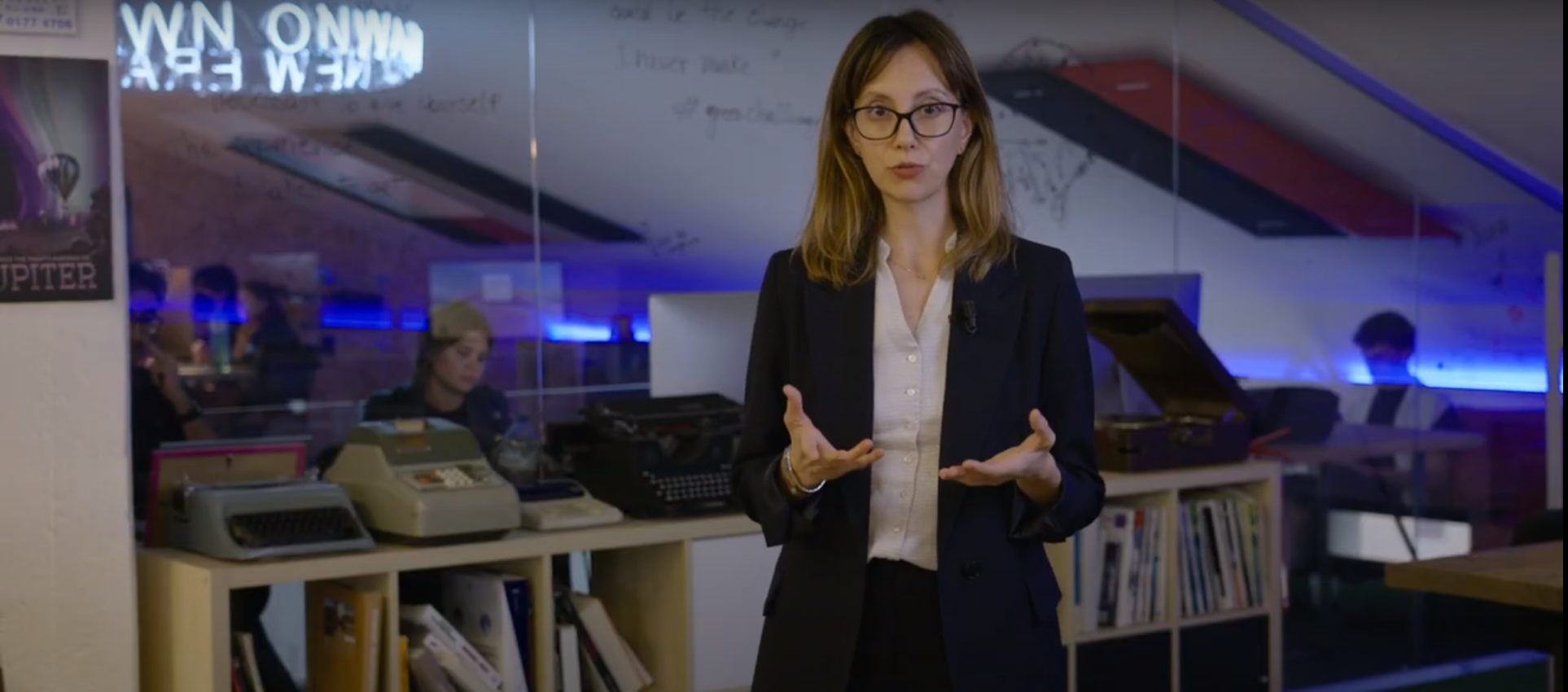
Promoting Social Inclusion through the EU budget
Professor Marta Simoncini explains her recent research on the European Social Fund and the enforcement of the right to social assistance and social inclusion through the EU budget.
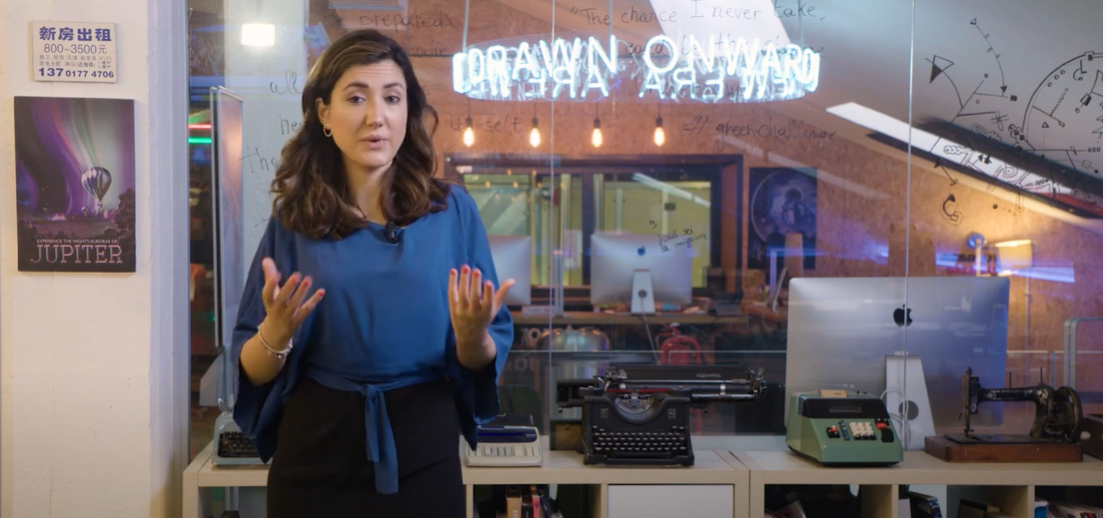
Digital Transformation in the Public Sector
Professor Sofia Ranchordas describes her recent research on the role of empathy in the digital public services, especially for the benefit of vulnerable citizens.
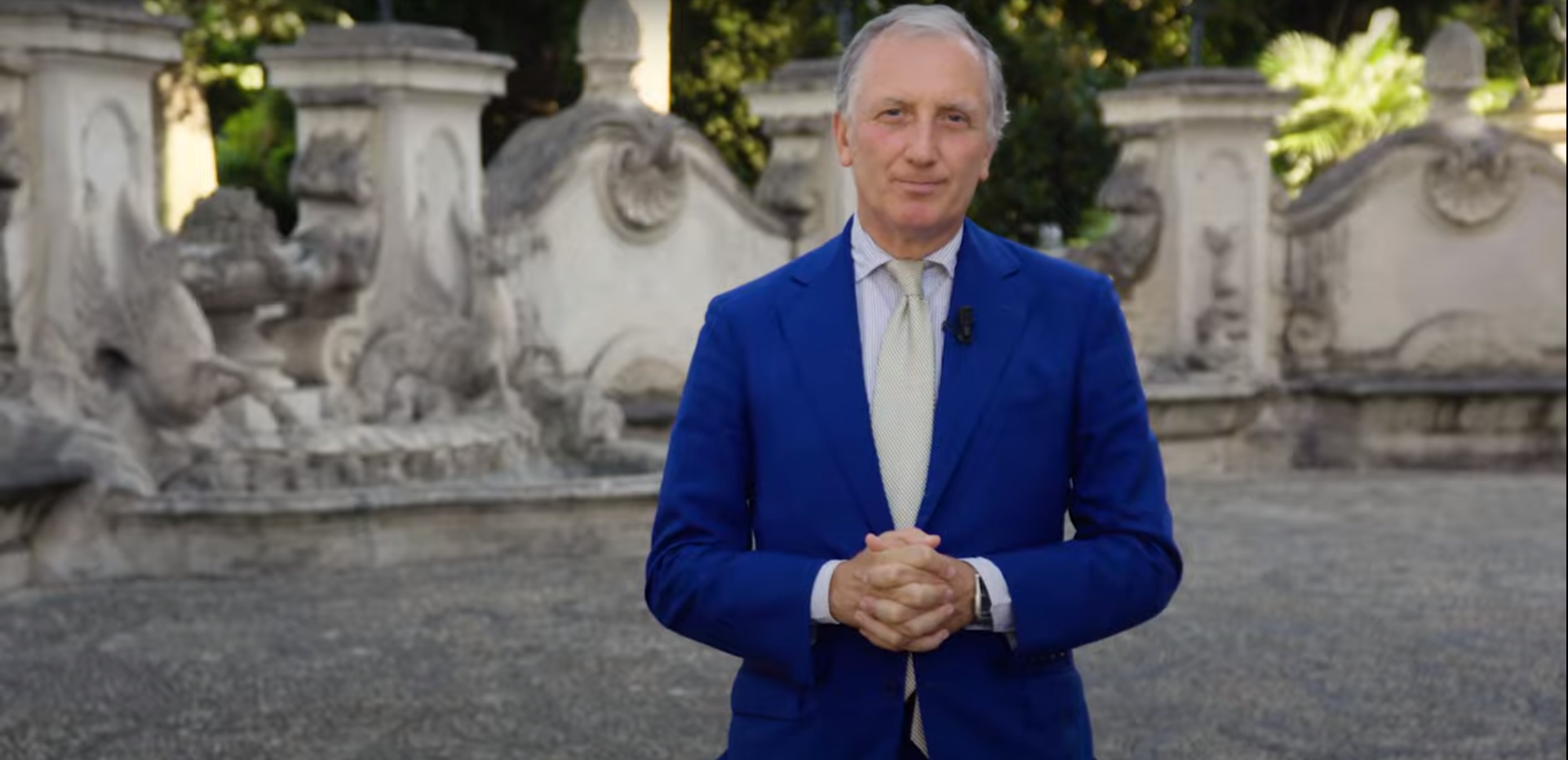
X.ITE Brand Storytelling Observatory
Professor Michele Costabile and Francesco Giorgino present the Brand Storytelling Observatory, set up within the Luiss X.ITE Research Center.
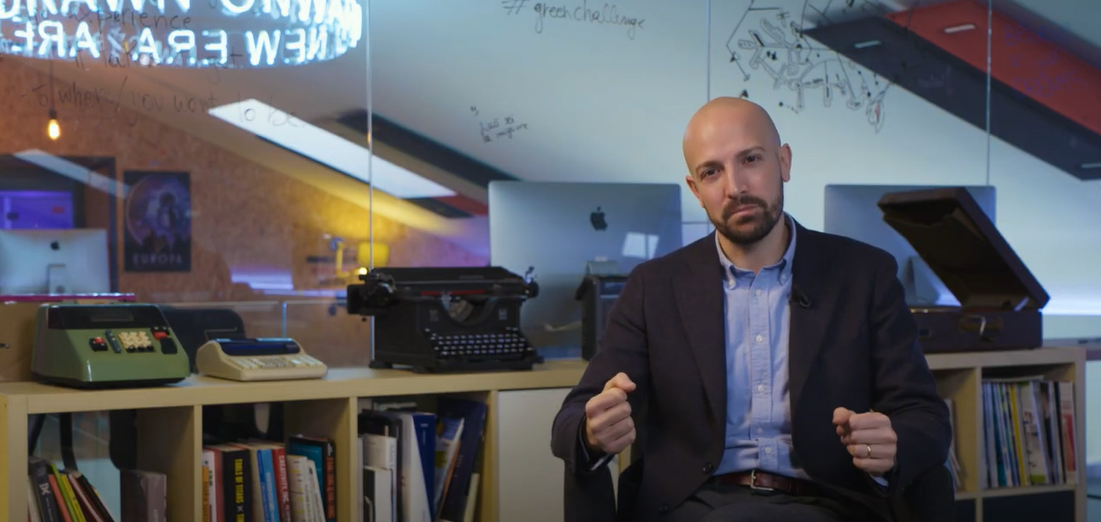
Credit Supply and Negative Interest Rate Policy
Professor Andrea Polo explains his recent article on the effects of negative interest rate policy on credit supply through a portfolio rebalancing channel.
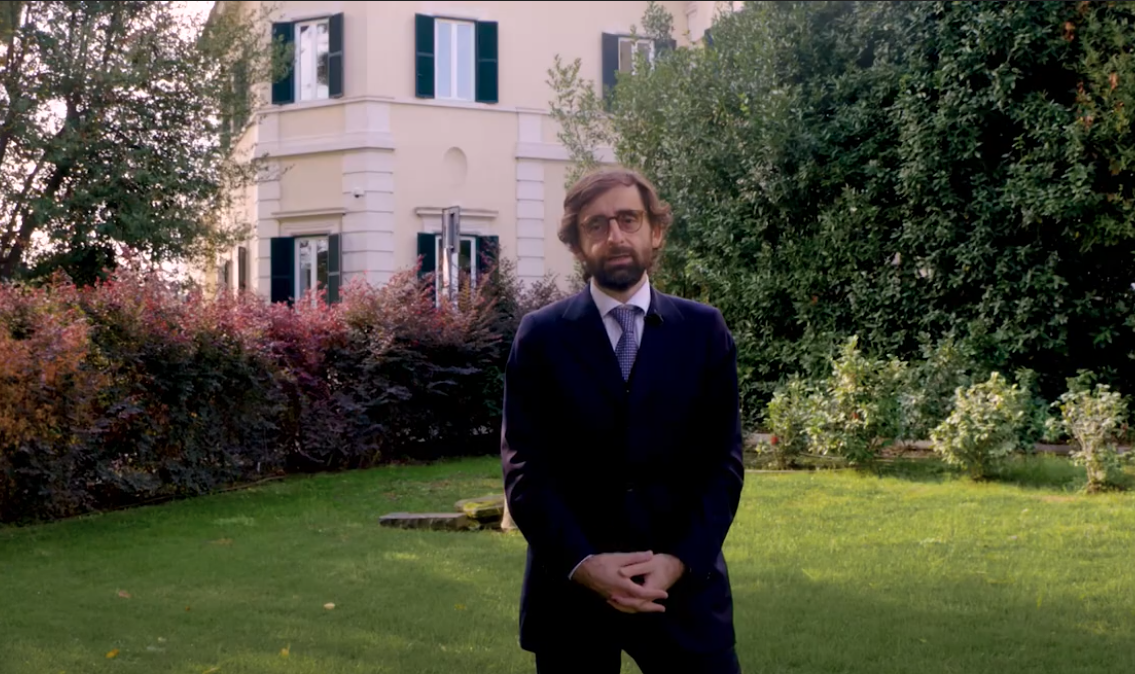
EU funding opportunities for Luiss Research Projects
Professor Christian Iaione describes his personal experience in the participation and coordination of EU funded research projects, referring in particular to OpenHeritage, EUARENAS and ENGAGE EU R-I projects.
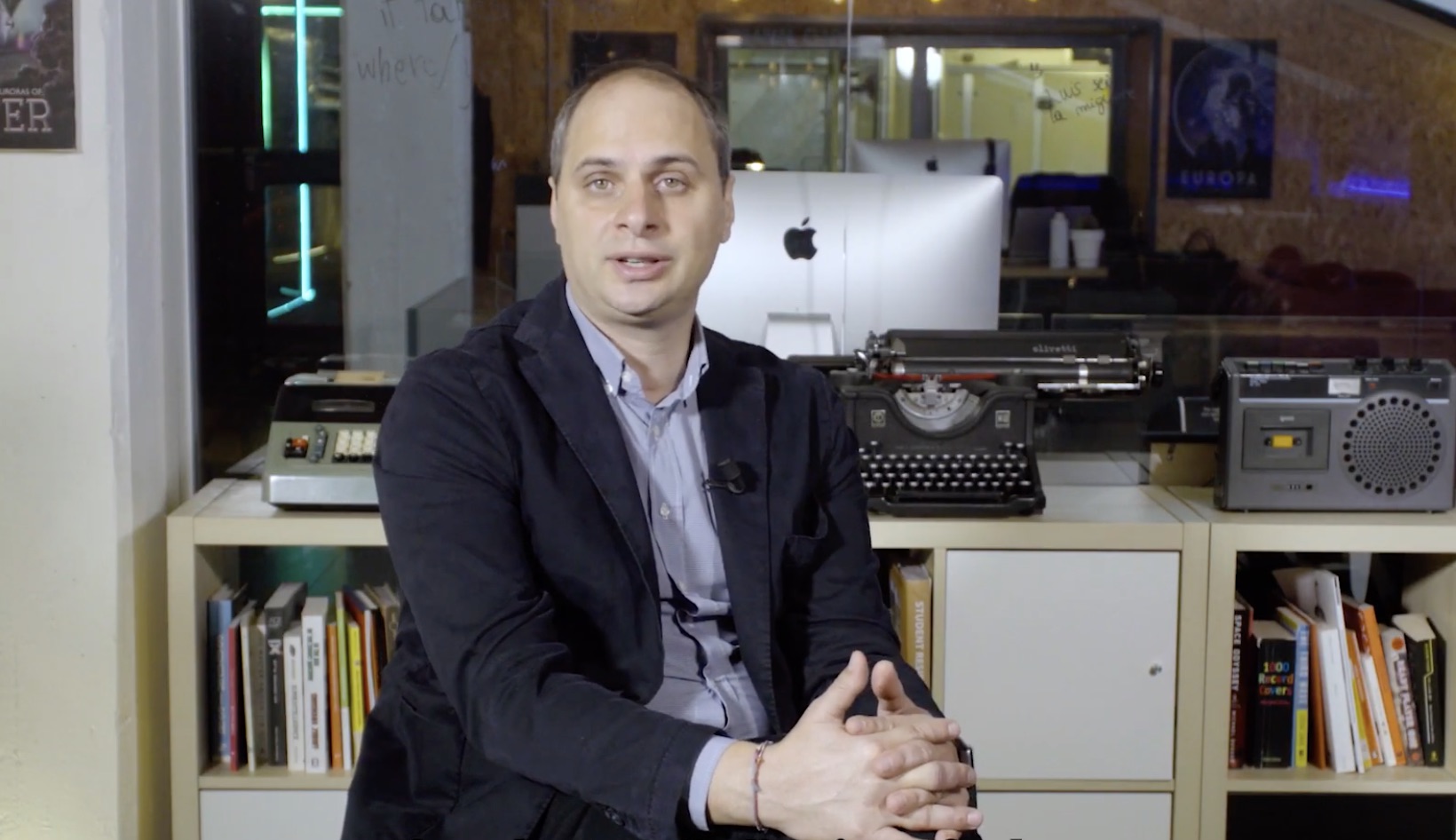
Trade Credit and Competition
Professor Emanuele Tarantino explains his recent article providing a new framework for competition authorities to evaluating the effects of trade credit on competition in downstream markets.
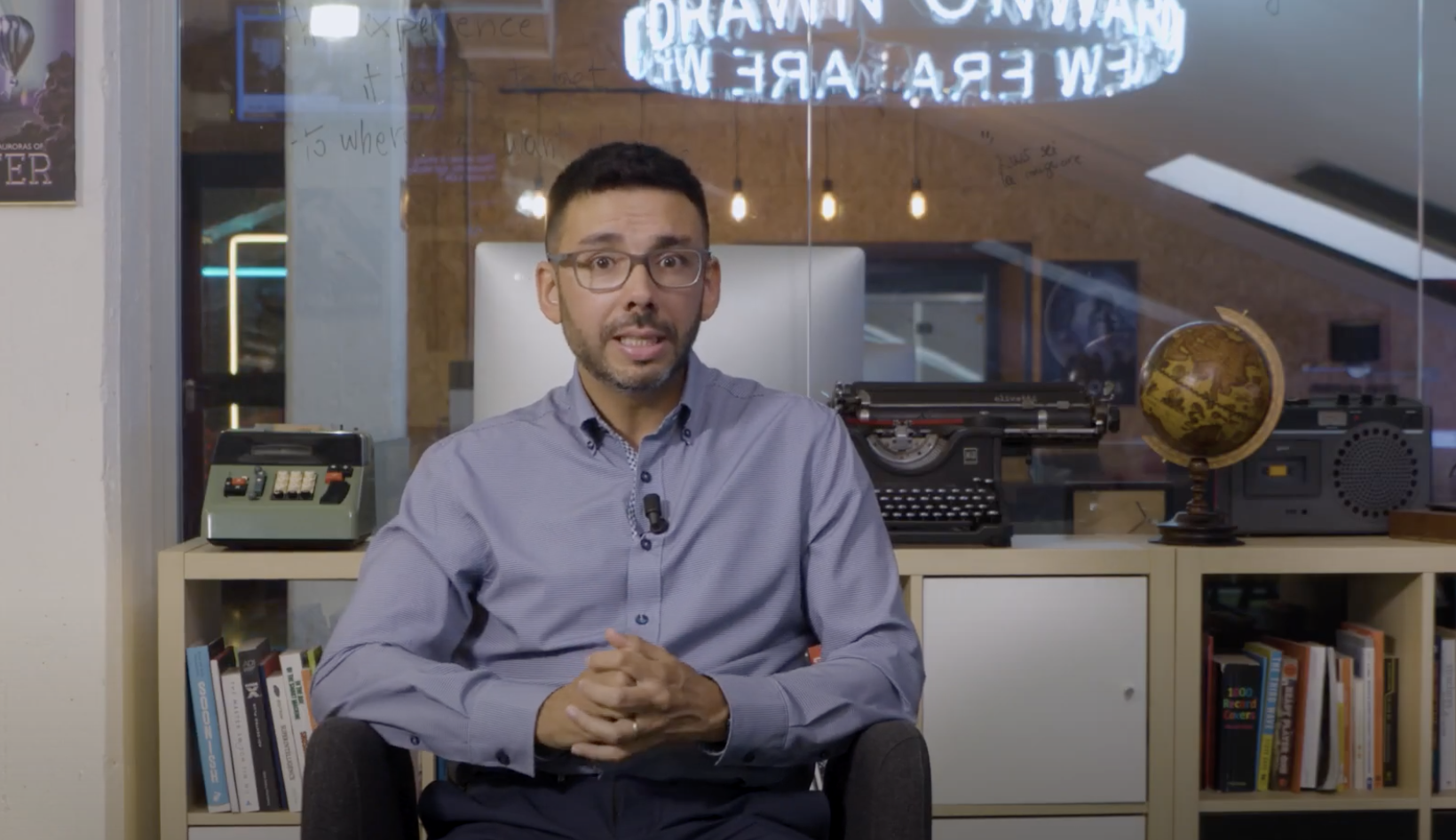
The Future of Digital Communication Research
Professor Francisco Villarroel Ordenes describes his recent article about the future of digital communication research, with special emphasis on data dynamics and data multimodality, as well as future opportunities for retail practice and research.
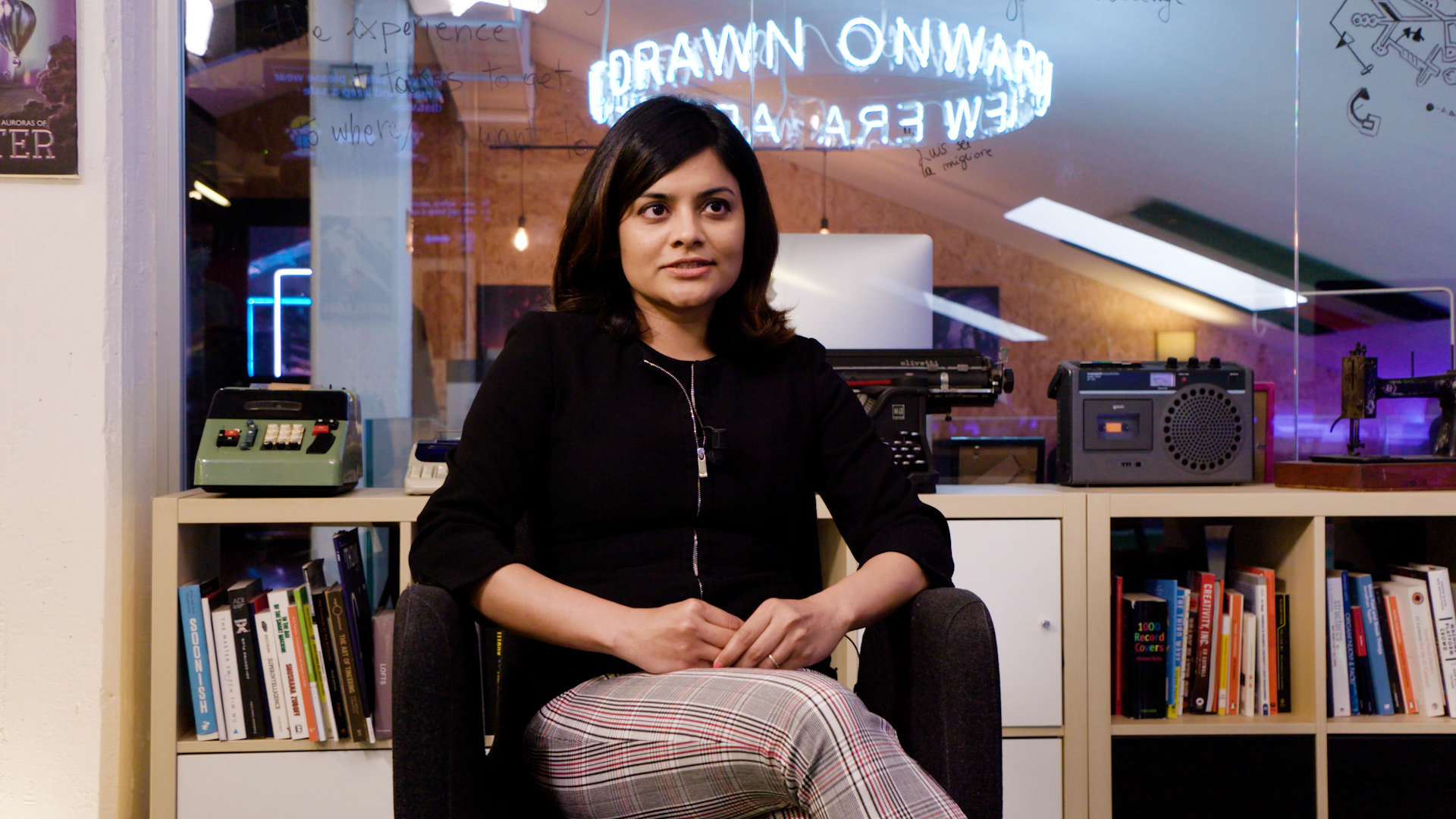
Are we clear? Auditable and Ethical Qualitative Research Communications
Professor Lakshmi Balachandran Nair explains how scholarly communications in qualitative business ethics research can be shaped in a more comprehensible, ethical, and auditable manner through the application of a narrative-based approach.
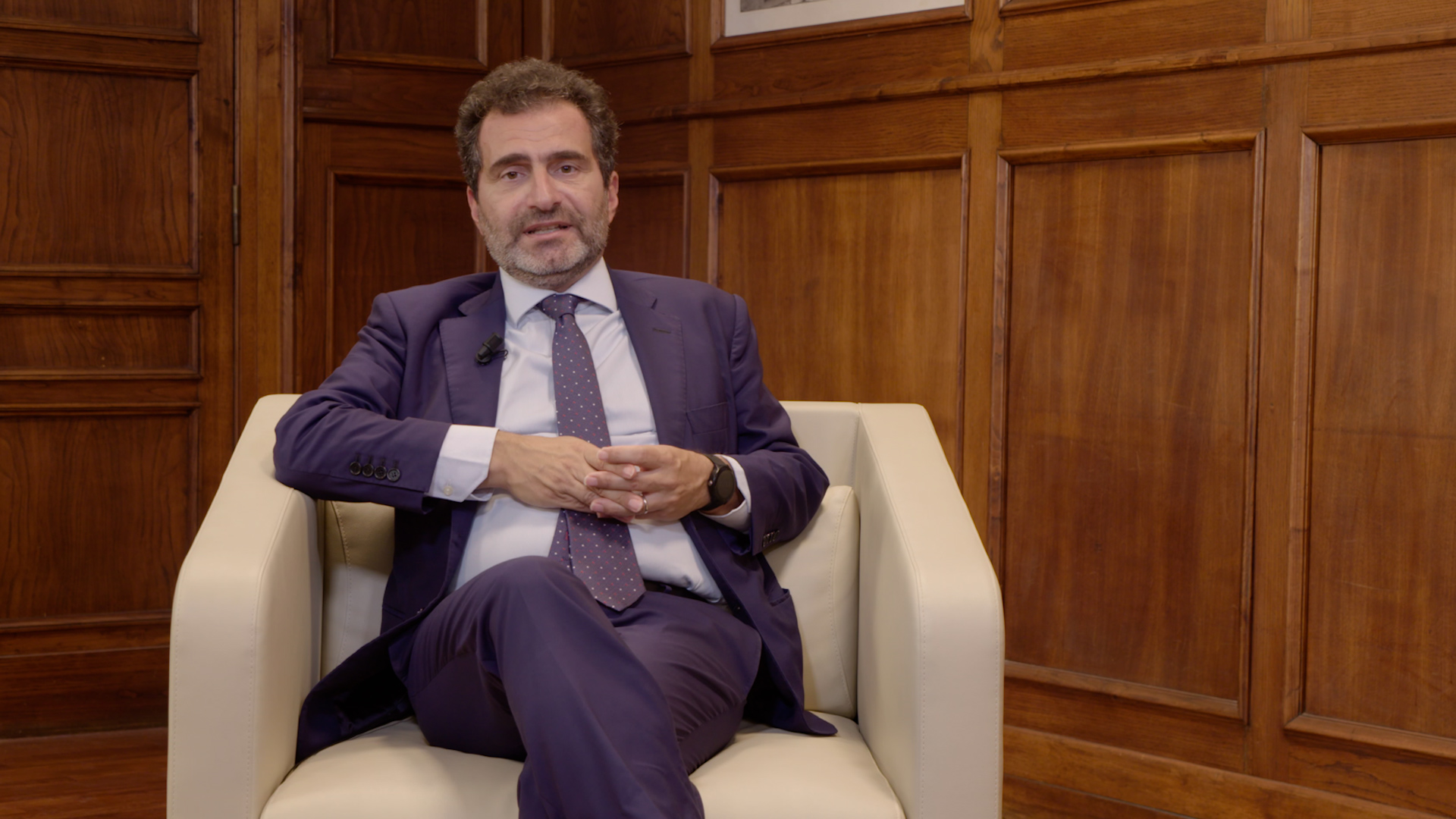
Research Activity of the Center for Parliamentary Studies (CESP)
Professor Nicola Lupo, CESP Director, presents the center and its basic and applied research activity. In particular, CESP carries out consultancy activities for various types of organizations, including companies, associations and institutions.
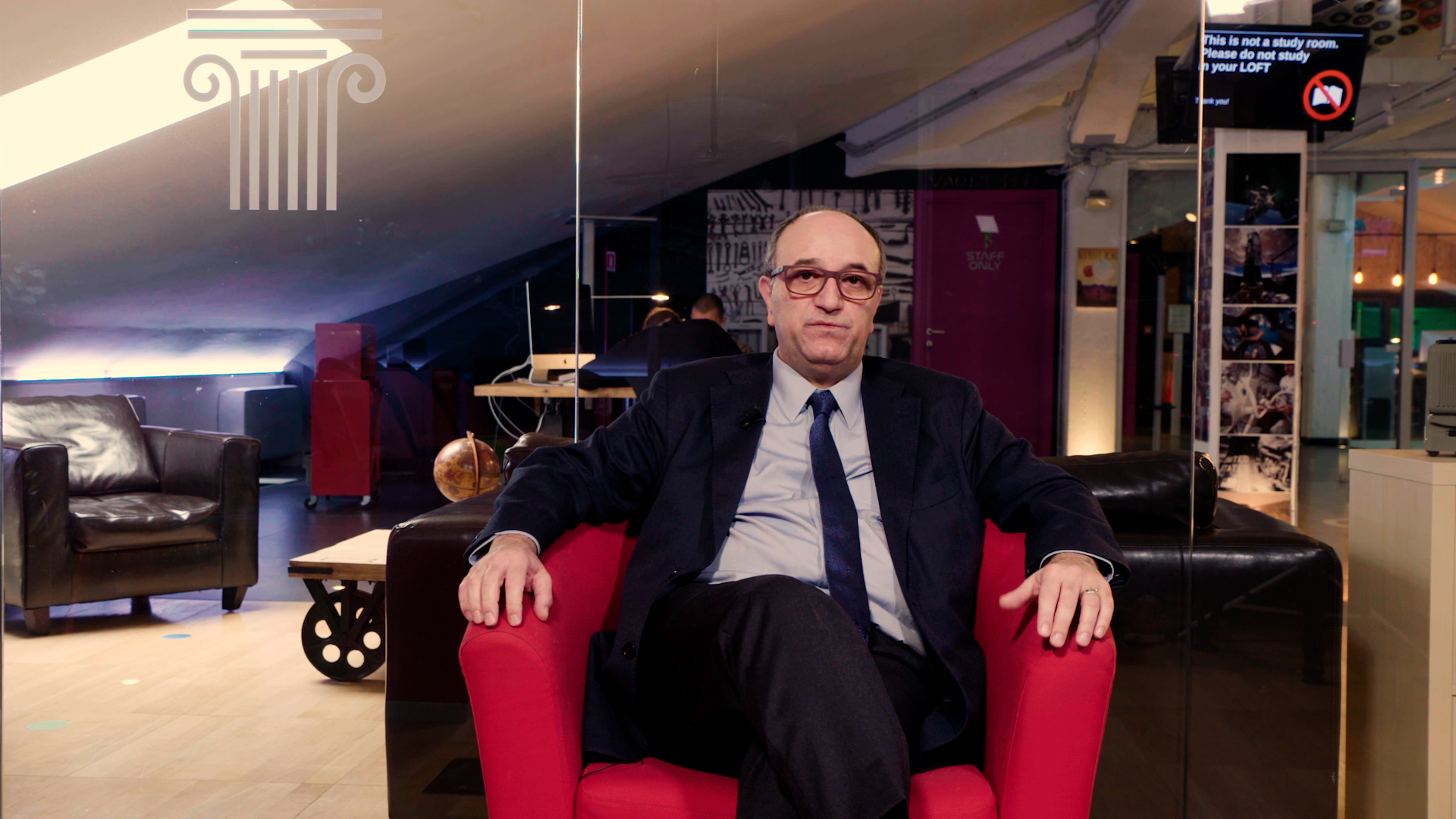
Research Activity of the Centre for Conflict and Participation Studies (CCPS)
Professor Michele Sorice, CCPS Director, presents the activities of research, advice and training for public and/or private entities carried out by the center, focused on the areas of critical sociology and studies on social conflict, political participation, the media and democracy.
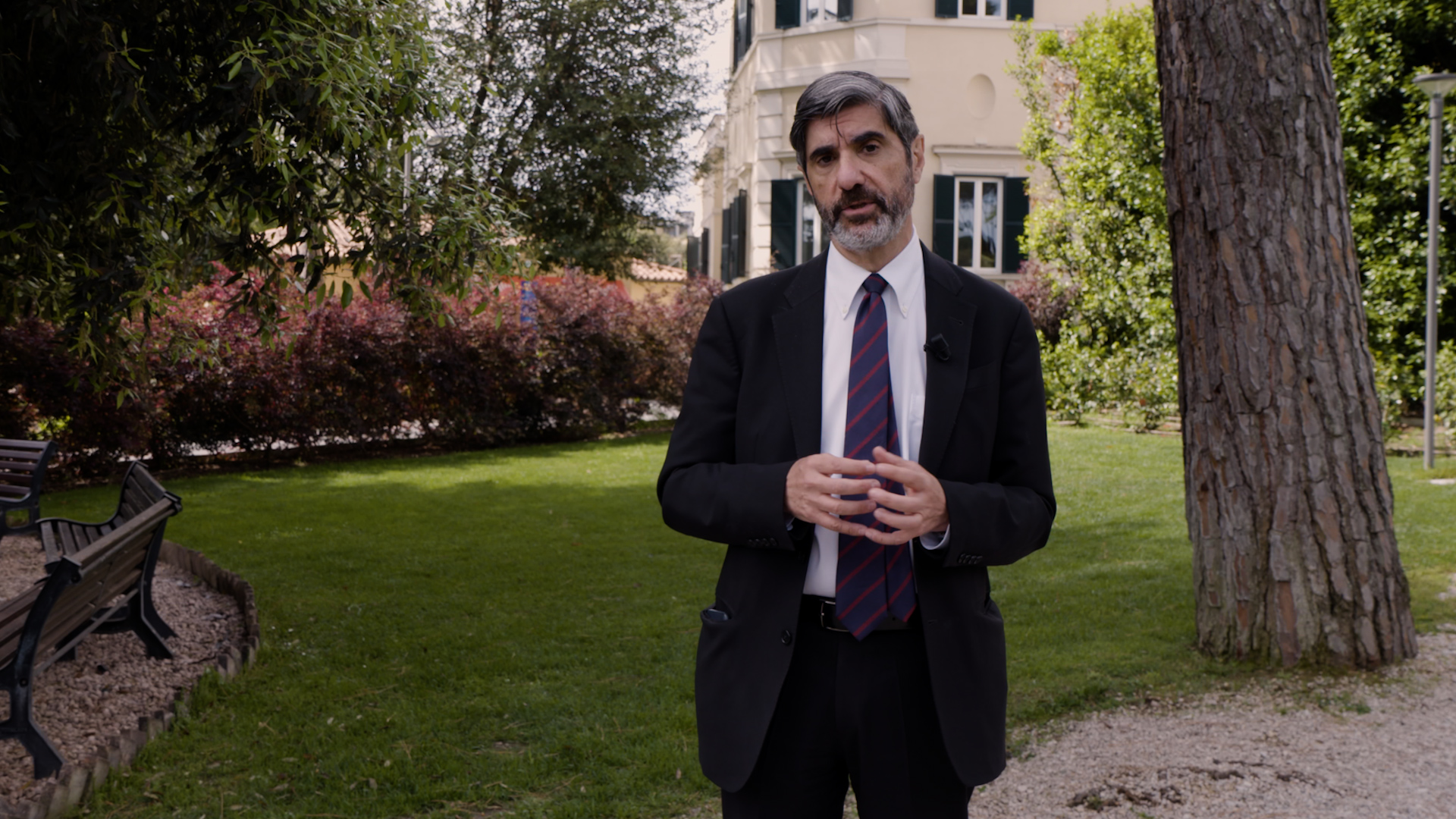
Research Activity of the Data Lab Luiss
Professor Livia De Giovanni and Gianni Riotta, Luiss Data Lab Directors, present the composition, the methodology and the basic and applied research activity of the center, specialized in the fields of Big Data, new technologies and digital transformation.